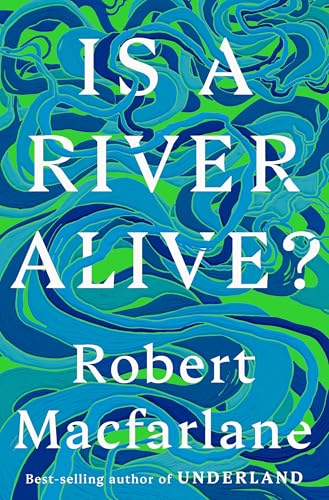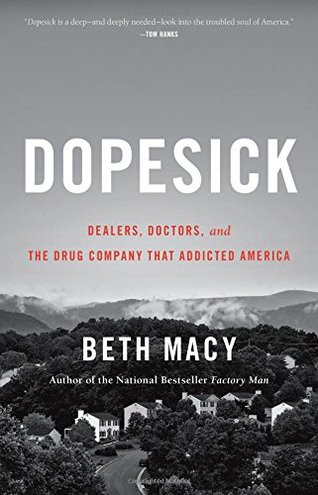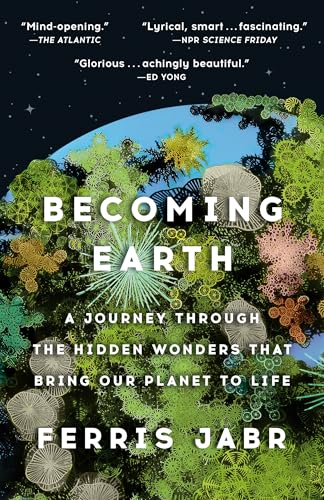Review of Is a River Alive?
by Johny McFliggen, PhD Literature & Business, Oxford
In the hypothetical universe where Robert Macfarlane's "Is a River Alive?" graces our bookshelves, we would find ourselves swept away by the currents of his trademark narrative—a riverine journey through both mind and matter. Macfarlane, with his Cambridge-tinted lens, would likely guide us through the aqueous realms of Ecuador, India, and Canada, as he did in "Underland," probing beneath the surface for more than just geological or historical truths.
One imagines Macfarlane embarking on this literary expedition with the same fervor as Werner Herzog's quest in "Aguirre, the Wrath of God," though with less madness and more mindfulness. His prose does not merely describe the physical properties of flowing waters; rather, it animates them with life, drawing parallels to how indigenous cultures view rivers not as mere resources but as vibrant entities imbued with spirit and agency. This is not an exercise in idle romanticism but a profound inquiry into our own perceptions and misperceptions of nature.
The imagined book likely dances around the idea that rivers serve as both literal and metaphorical lifelines, echoing themes from his previous works like "The Old Ways." Much like the way James Lovelock proposed the Gaia hypothesis, suggesting Earth is a self-regulating organism, Macfarlane would be poised to argue that rivers are not just veins of the planet but also its voice. It's easy to envision him weaving in stories of how these waters shape cultures, languages, and histories—how they are both victims and witnesses to human folly.
Drawing on his extensive fieldwork, Macfarlane would undoubtedly offer a tapestry of anecdotes and insights that challenge our often myopic environmental narratives. Fans of Annie Dillard’s "Pilgrim at Tinker Creek" or Barry Lopez's "Arctic Dreams" would find familiar solace in his writings. They too merge scientific observation with philosophical contemplation, provoking readers to reconsider their place within the natural order.
While no such book exists in reality, one can almost taste the critical acclaim it would attract—inevitably showered with accolades like a reverent pilgrimage to the Wainwright Shrine of Nature Writing. The absence of "Is a River Alive?" leaves a palpable void in contemporary literature, a reminder of our need for authors who can eloquently bridge the chasm between humanity and the earth. Until such time as Macfarlane decides to bestow this imagined work upon us, we must content ourselves with the echoes of his previous explorations, waiting patiently by the riverbank for the next current to carry us onward.
Purchase Link: Is a River Alive? on Amazon



